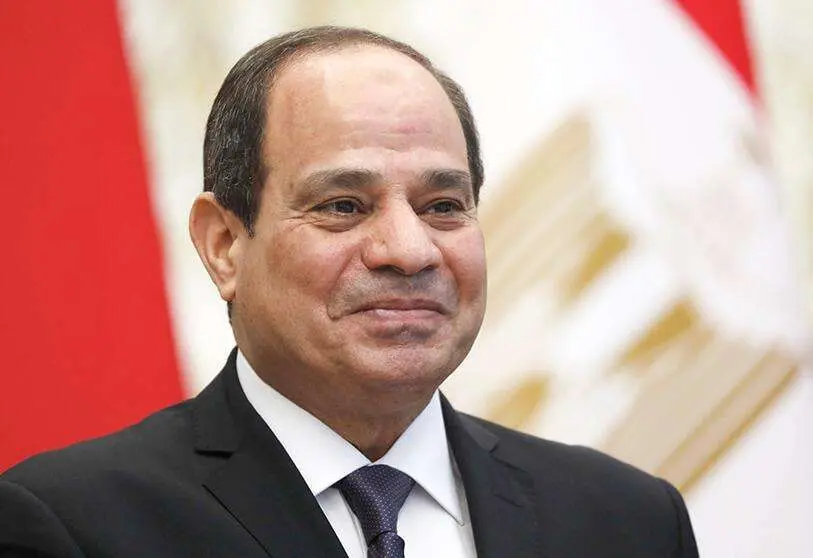Egypt issues Interpol alert against six Muslim Brotherhood leaders

Egypt's Supreme Criminal Court for State Security, which deals with terrorism-related cases, has issued a "red notice" to Interpol against six Muslim Brotherhood leaders, accusing them of smuggling funds abroad and financing terrorism.
This list includes figures such as Mahmoud Hussein, the movement's secretary general until 2020 and strongman in Istanbul, as well as Medhat Ahmed al-Haddad, Mohamed Zenati, Assem Mohamed Hussein, Ahmed Yasser and Moaz Abdel Azim. Several of them are currently in exile in Turkey.
The court charged the defendants with "assuming leadership of a terrorist group and joining the group with knowledge of its purposes", while the order states that between 2015 and 2021 they joined a terrorist group, participated in smuggling funds abroad and carried out inflammatory publications.

A red notice is a request by a country through Interpol to law enforcement around the world to locate and provisionally arrest a person who is awaiting extradition, surrender or similar legal action.
The notification comes days after Egypt's judiciary placed 20 of the group's leaders on the country's terror list, Arabnews reported.
The Muslim Brotherhood is a transnational Sunni Islamist movement that emerged in Egypt in 1928 and seeks the implementation of Sharia (Islamic law) under a global caliphate. In the 2012 presidential elections, following the protests that ended Hosni Mubarak's presidency in Egypt, the Muslim Brotherhood came to power under Mohamed Morsi. But a year later, as part of a new protest movement against Morsi's growing authoritarianism, they were ousted from power by an army coup, whose commander-in-chief, Abdel Fattah al-Sisi, subsequently became president.

Since then, Cairo has banned the movement and subjected it to heavy persecution, with most of its members fleeing the country, mainly to two destinations, London and Istanbul.
Recep Tayyip Erdoğan's government has been the movement's main ally and supporter, having instrumentalised it since 2011 to increase its influence in the Arab world. But for several months now, the Muslim Brotherhood's situation in the Turkish capital has become increasingly precarious, as Ankara has sought to reduce tensions with its Arab rivals, Saudi Arabia, the United Arab Emirates and Egypt, all three firmly opposed to the Islamist group.
With economic problems plaguing the country, and a presidential election a year away, Erdoğan has sought to smooth things over with Arab powers, seeking to increase trade and investment and reduce regional tensions. But Cairo has proved to be the toughest nut to crack for Turkish diplomacy.

To co-opt the North African country, Ankara has been scaling back its support for exiled Muslim Brotherhood members. Erdoğan's government has reduced the room for manoeuvre of the movement's channels and media operated from Turkish soil, and, according to Al Monitor, several senior figures have reportedly been pressured to leave the country.
Now, the extradition request, if accepted, would deal a severe blow to the Islamist group's activities in Turkey. Since 2013, there has been a fierce battle for its leadership between London and Istanbul, and the balance may now be shifting in favour of the British branch.








